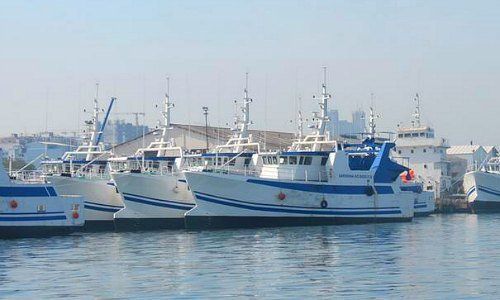Two former Credit Suisse bankers are poised to testify in a trial over an alleged billion-dollar Mozambique tuna boat scheme. The trial could reveal more embarrassing details for the Swiss bank.
At least two ex-Credit Suisse investment bankers – Andrew Pearse and Detelina Subeva – will testify in a Mozambique graft trial this week, according to «Bloomberg». The two will appear when Jean Boustani, accused by U.S. prosecutors of paying kickbacks related to bond deals for Mozambique, stands trial in New York this week.
The three are accused of siphoning $200 million for themselves. Pearse and Subeva have told prosecutors they received kickbacks from Boustani as well as Chief Executive Officer Iskandar Safa, a Franco-Lebanese billionaire and Najib Allam, a finance executive at Privinvest. The Beirut-based ship-builder is controlled by Safa and employed Boustani as a salesman and negotiator.
Funneling Funds
Pearse, Subeva, and Singh have pleaded guilty in the U.S. Pearse told investigators that Privinvest had also funneled money to the son of Mozambique's leader at the time. The impoverished African nation defaulted last year. The U.S. indictment raises questions over why bankers were running bonds for somewhat dubious projects.
Loans meant to build a tuna-fishing fleet, patrol boats, and dockyard, for example, were allegedly diverted. The scandal in Mozambique created a major crisis for the country because the loans were not revealed to other creditors and the International Monetary Fund.
Uncomfortable Questions
Credit Suisse isn't party to the criminal trial, which could nevertheless raise uncomfortable questions for the Swiss bank. It has previously said that Pearse, Subeva, and Surjan Singh disguised their dealings from management. The bank also faces a criminal complaint in Switzerland as well as regulatory scrutiny from its home regulator, Finma.
The heavily-indebted African nation is asking a British court to order Credit Suisse to guarantee the repayment of Eurobonds worth $727 million. Mozambique is currently working to reschedule its 2023 Eurobond into bonds maturing in 2028 through 2031.


































